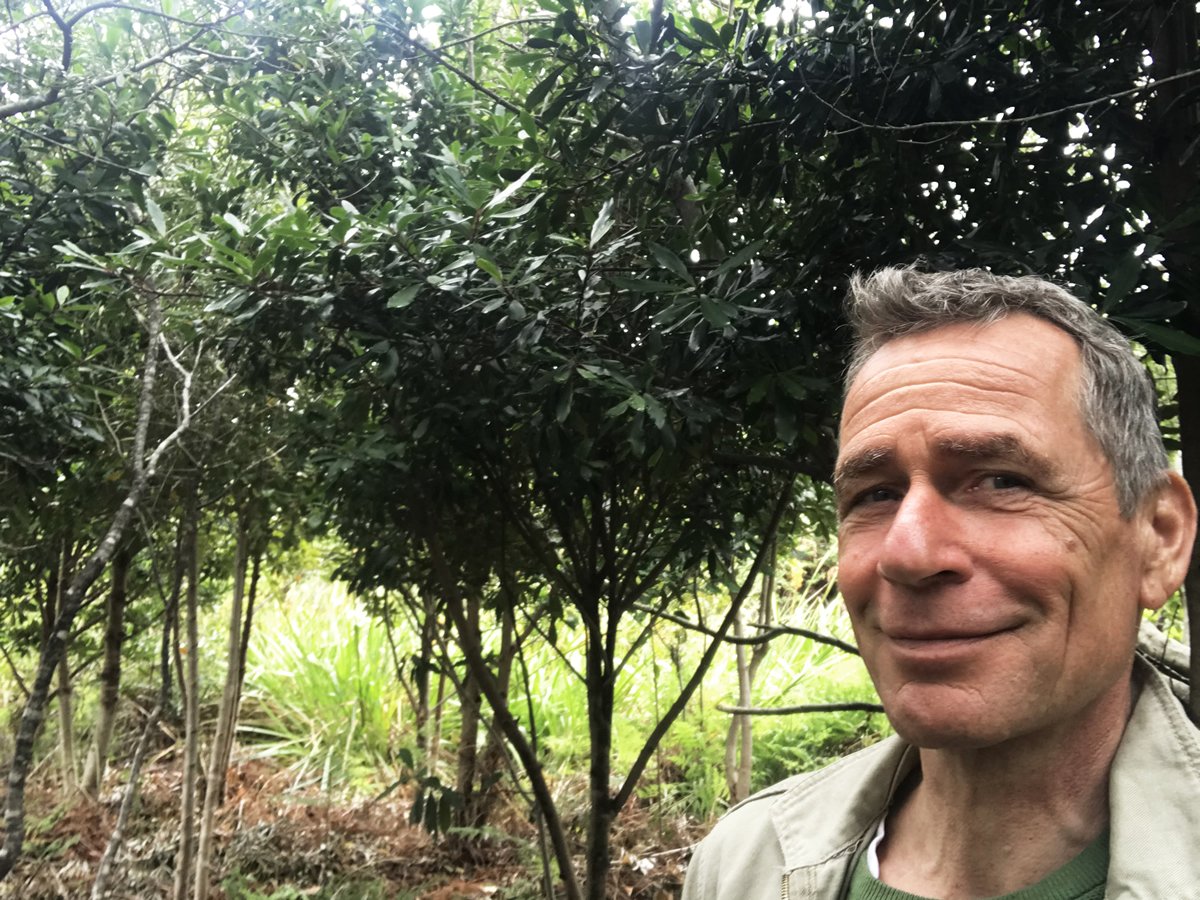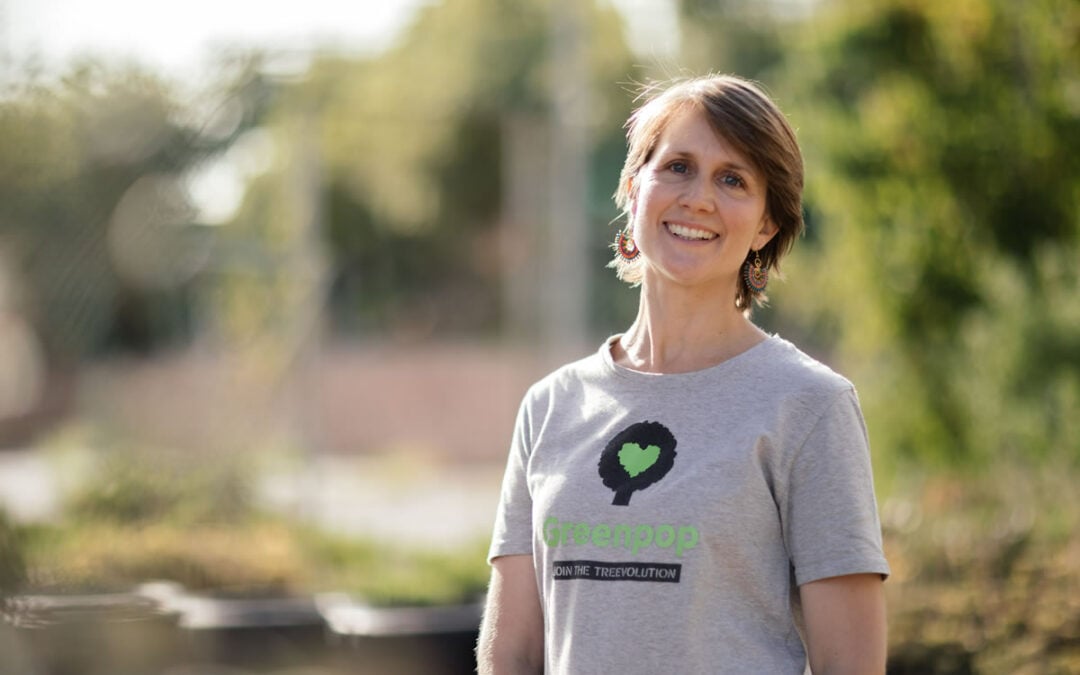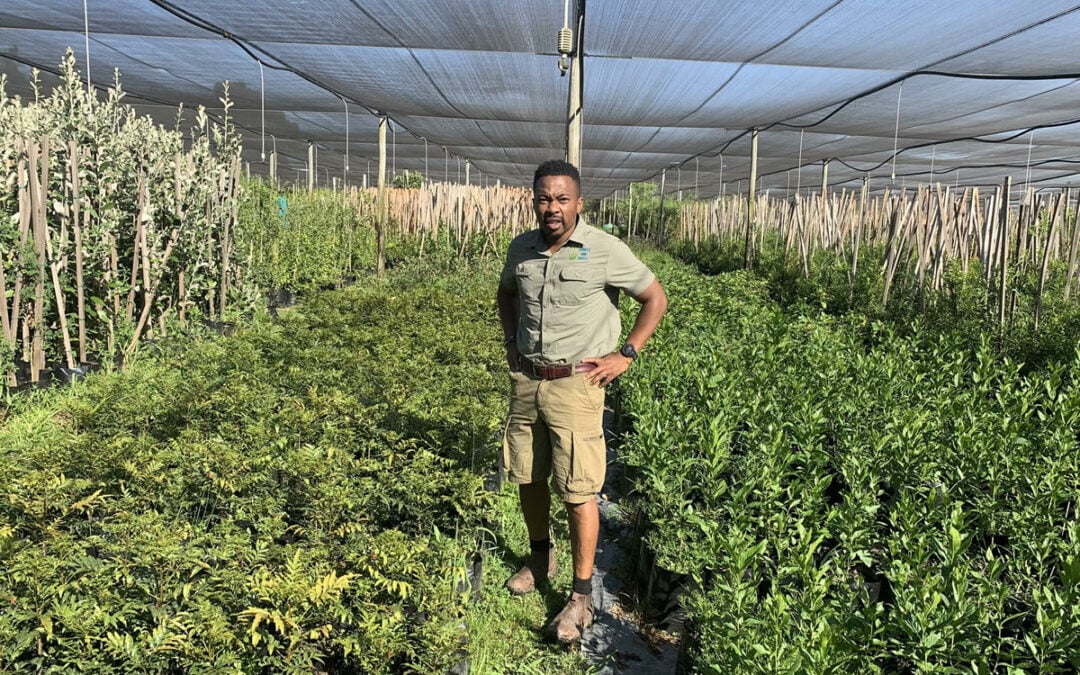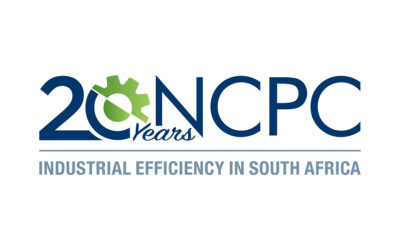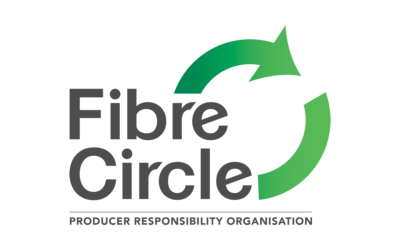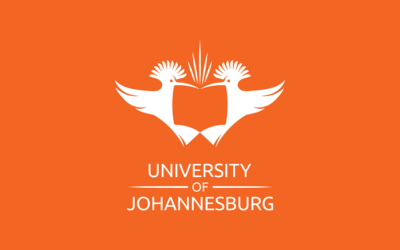““When you consider South Africa’s many mono-culture tree plantations and alien invasive trees, we need to remember that a tree is not simply a tree,” says the director of the South African Reforestation Trust, Maarten Groos. “Natural and native ecosystems and their biodiversity hold the key to life on this planet. On top of that, natural and diverse forests sequester more carbon dioxide than mono-culture plantations or agroforestry, which means they’re much more efficient in combating climate change.”
The South African Reforestation Trust started 10 years ago with the aim to create and expand pristine indigenous forest ecosystems. Initial pilot projects were set up to learn how afforestation and reforestation could assist in the rehabilitation of areas that had been cleared of alien invasive vegetation. A decade on, indigenous forests have flourished on what was once scarred and burnt land.
SAReforest is a co-operative platform and multiparty network that takes an area-by-area approach to reforestation. To date, they have planted more than 18 000 trees at six reforestation sites.”
“Forests produce oxygen, store carbon, clean the air, create rain and make soil. Forests keep us alive. That calm and tranquil feeling when you walk through a natural forest – the smells and sounds you take in – it all tells you that that is the world as it should be.”
